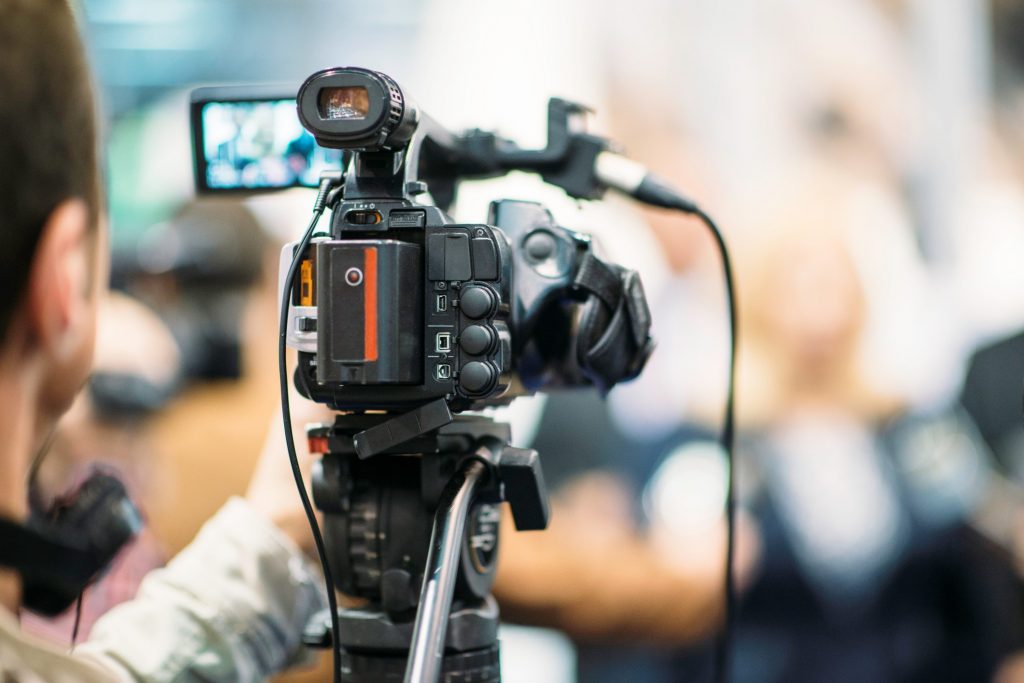
The advantage to having video documentation while in court or while obtaining testimony is that it can be looked over again and again in case something was missed or anything abnormal was caught on camera. Using videography for recording court proceedings requires knowledge of the legal system and knowledge of how to use the technology itself. Although a license in videography is not required to record legal proceedings, hiring a company with certification from a professional videography association is a good idea to ensure you are receiving the very best services available.
One of the most common uses of court videography services is to allow attorneys to review the court’s daily proceedings to help better prepare their case and better respond to events that have happened. Attorneys are often able to find contradictions in statements or questions that could be used to help their case by viewing the day’s proceedings afterward. Another very common use is when a witness is not able to physically be inside the courtroom to testify. Using court videography, the videographer can travel to the witness’s location, set up a real-time video feed to the courtroom and allow the witness to deliver their testimony remotely. This is very useful for witnesses who may be bedridden, in an intensive care unit or perhaps for an expert witness who isn’t able to attend court. This is also especially useful for a jury, as all the facts of the case can become confusing on paper. Video can help the case stay fresh in the mind and keep the jury’s attention.
Another task that videographers are often appointed to do is edit video. It must be carefully done, strictly adhering to legal standards. Nothing can be done to the video to distort testimony or manipulate anything that affects the outcome of a case. Editing is most often done to stabilize the video or make it look more professional. Removing any shaking or improving upon technical aspects must be done before the video can be used in court to minimize any doubt or speculation as to the content.
There is no question that using court videography adds a modern and useful touch to the justice system. Many licensed companies are available that specialize in producing high quality, comprehensive video and videoconferencing services. Technology now allows for mobile reporting, recording and videoconferencing to or from anywhere in the world.
